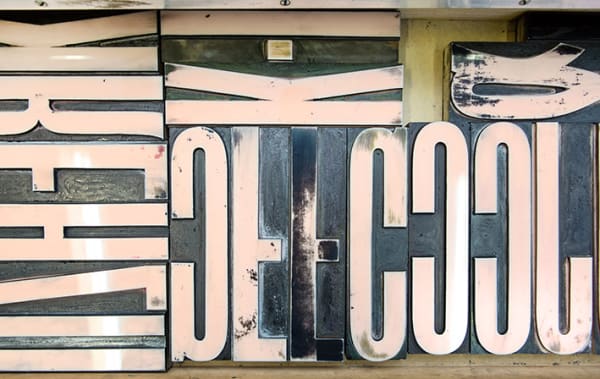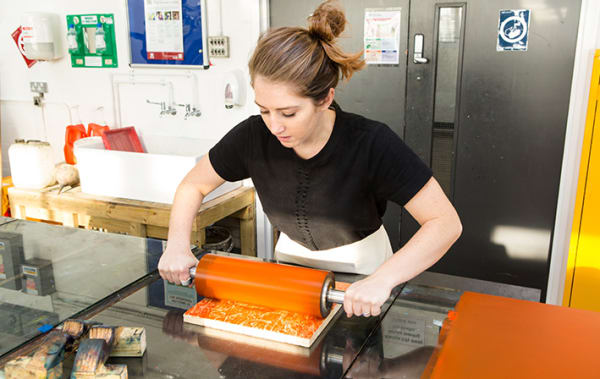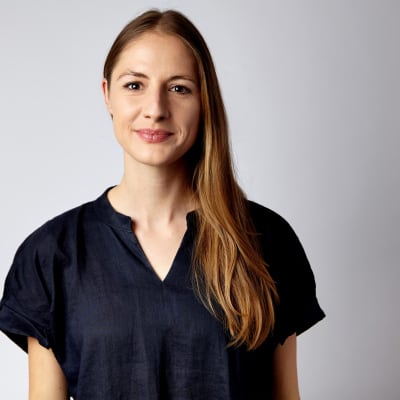Course units
We are committed to ensuring that your skills are set within an ethical framework, and we have worked to embed UAL’s Principles for Climate, Racial and Social Justice Principles into the curriculum and in everything we do.
As part of this initiative, we’ve shaped our courses around social and environmental sustainability principles that ensure learning outcomes reflect the urgent need to equip you with the understanding, skills, and values to foster a more sustainable planet. Our aim is to change the way our students think, and to empower you to work towards a sustainable future.
MA Design for Visual Communication involves one unit, totalling 60 credits. The unit takes place over the Autumn and Spring terms (1 and 2), and you'll have the opportunity to apply during the Summer term (Term 3) of your Postgraduate Diploma.
MA Unit (60 Credits)
This unit will support a broad range of practical and research ambitions by enabling you to develop both a practice project and a critical report or /thesis which that reflects on your area of specialism or study.
It facilitates a broad range of practical and research ambitions, and will encourage you to inform your research and development work through collaboration, relevant professional practice, and participatory research and interdisciplinary methods.
Supported by a personal tutor who can offer guidance on both the theoretical and technical aspects of your work – alongside additional help from staff and peers across LCC - you’ll develop your self-directed project in an identified and agreed area of specialist practice. You may decide to explore practical and social challenges in areas such as: the role of design in civic management, the Climate Crisis, social change, information design and visualisation, health and social care, accessibility, education, and urban life.














